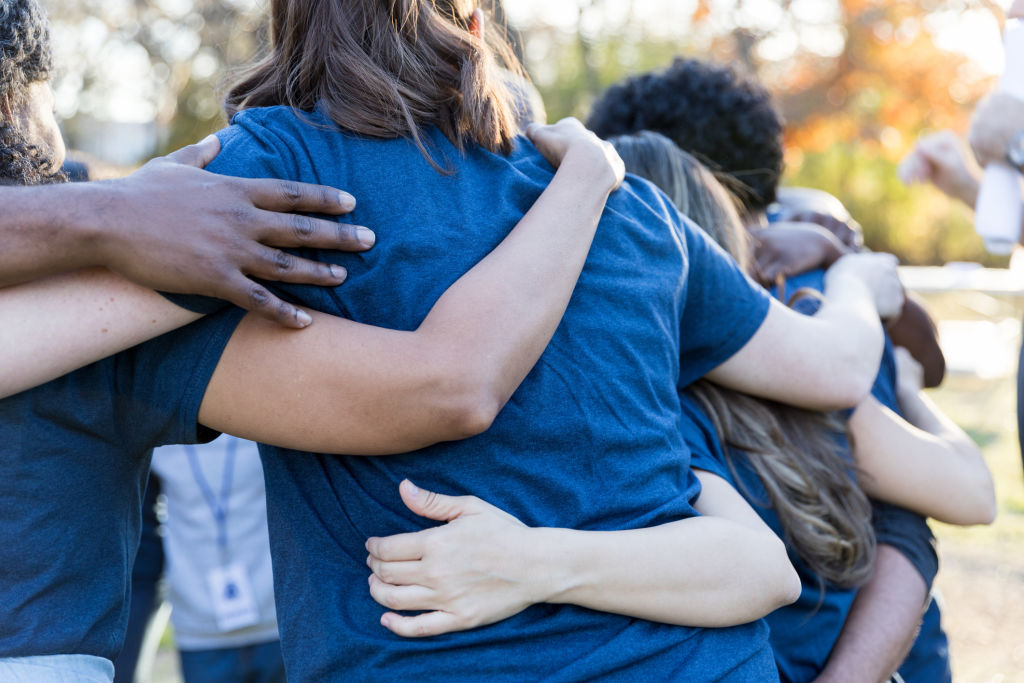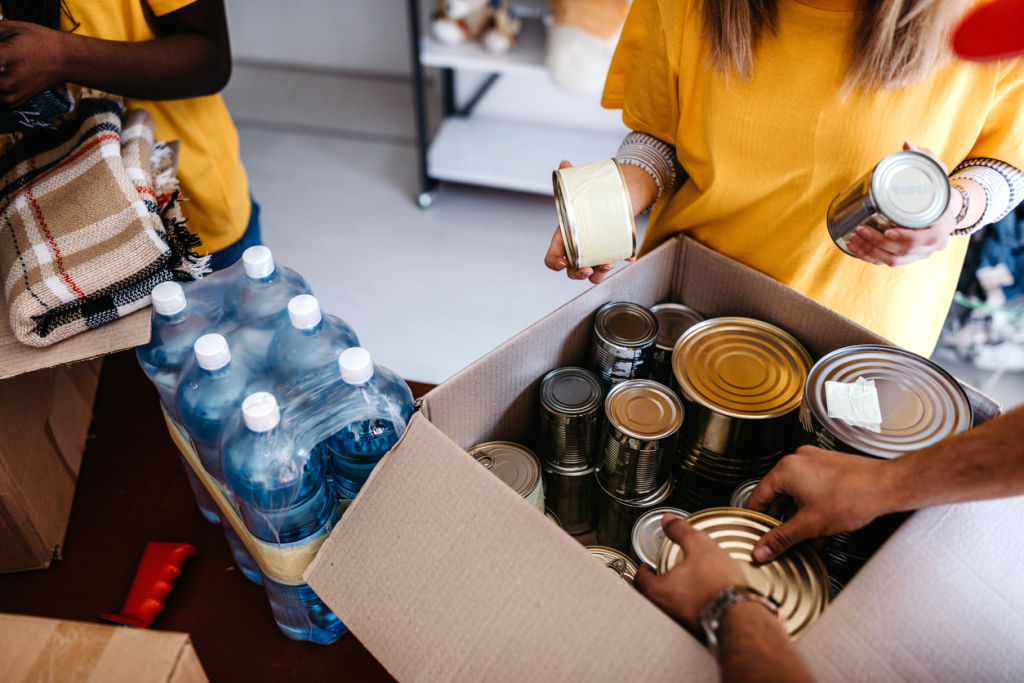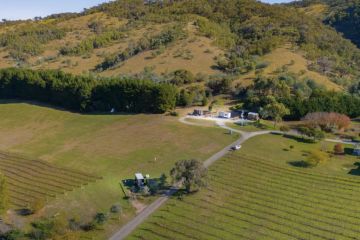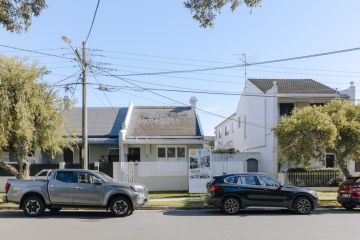Growing number of Melbourne schools make community involvement a core part of education

Every fortnight, year 9 students at Fintona Girls’ School close their textbooks for a more hands-on learning experience, leaving the confines of their Balwyn campus for the hustle and bustle of the real world.
Students visit service organisations such as The Big Issue, Melbourne City Mission and the Refugee Council of Australia. They tour cultural and civic points of interest such as Chinatown, the Victorian Parliament and the Indigenous Heritage Walk at the Royal Botanic Gardens. They debate controversial topics during United Nations day, and volunteer for causes that matter to them, from environmental protection to homelessness to disability care.
It’s all part of Fintona’s Connections program, designed to help students familiarise themselves with the people, places and social forces that shape their community.
“The program encourages the girls to see outside of their own world, outside of their own bubble,” says program head Chris Williams. “It shows them that there is more to life than just studying – more than just the next test that is coming up – and that there is a real world out there that is quite different to the schedules and structure that school provides.”
Williams says his students walk away from the program with a greater sense of independence and an awareness about issues affecting the community. But Connections isn’t just about nurturing kind and empathetic young people; it’s also a vital part of their education.
“They can put what they learn in the classroom into context, providing greater meaning to their classroom learning,” says Williams. “You never hear, ‘Why are we learning this’ or ‘I’ll never use this in my life’ during our Connections experiences.”

Fintona and other independent schools are making community involvement a core part of the student experience, whether through fundraising, volunteering, work experience or excursions.
Numerous studies have linked volunteering and community service to better mental health and professional outcomes. Research from the UK in 2021 found that community involvement was particularly likely to benefit young people, who can use community work to develop leadership and other “soft” skills, such as independence, teamwork and communication.
At St Aloysius College in North Melbourne, students spend each year raising funds for Carnitas Australia’s Project Compassion. Girls at St Aloysius spend time raising funds and contributing to causes in step with the school’s Catholic values.
They work with programs at local parishes and Sisters of Mercy-backed organisation McAuley Community Services for Women. Principal Mary Farah says community involvement improves student wellbeing and instils an understanding of the importance of community they will need for years to come.
“Our students feel a great sense of achievement; they are making a difference,” Farah says, “taking initiative and having an opportunity in a leadership role.
“They get excited about wanting to do more, and it stirs up a passion within them to bring ideas or programs back to the school community for other projects.”
At Ruyton Girls’ School in Kew, community involvement and service are integrated into the school’s leadership framework. Students are encouraged to identify service organisations and charitable causes that interest them the most and problem-solve when things don’t go to plan.
In early 2020, for example, Ruyton girls planned an outdoor cinema day, involving hampers and a raffle with 350 families, to support the Gippsland Emergency Relief Fund in the wake of Victoria’s bushfire crisis. When the pandemic put a stop to their plans, the girls had to redirect ticket sales to donate directly to the fund and to find alternative destinations for their food hampers, which they donated to local group Servants Community Housing.
“They still did a lot to help more than one group, actually, and they had to go through problem-solving processes to get there,” says Ruyton principal Linda Douglas.
“For us, it’s not that you can fix something by giving it money. It’s about understanding issues, seeing whether you can give up your time or other skills, and understanding whether fundraising is helpful within that.”
We recommend
We thought you might like
States
Capital Cities
Capital Cities - Rentals
Popular Areas
Allhomes
More







